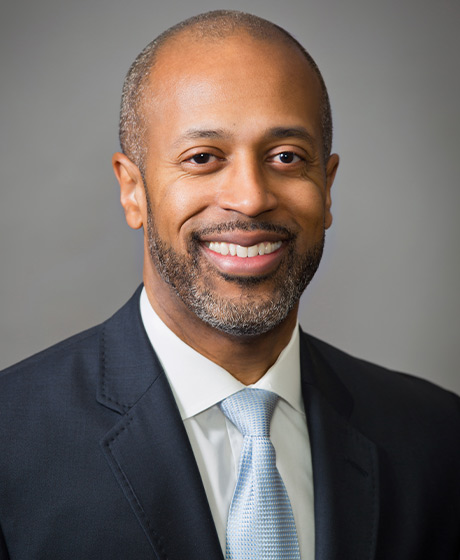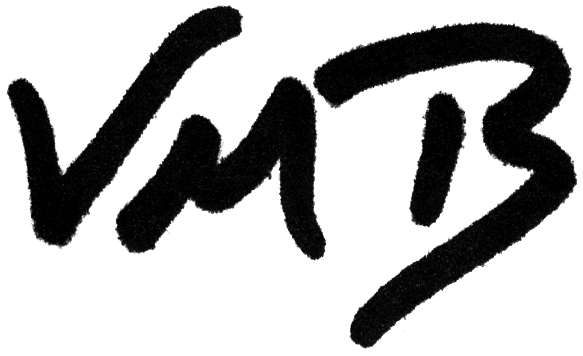
by Vernon M. Billy
lbert Einstein, a man whose name is synonymous with genius, believed that “intellectual growth should commence at birth and cease only at death.” Renowned self-help author Brian Tracy said “continuous learning is the minimum requirement for success in any field.” What both men, the scientist and the writer, recognized is that excellence is never static. Inertia is the enemy of innovation and to master a craft, one must keep searching for knowledge.
Reversing the damage caused by the pandemic is not the work of a year or two, it will be a generational effort requiring an unprecedented allocation of resources and a historic level of collaboration across all sectors of society. If we treat this work with the urgency it deserves, we can turn this period into a transformative moment and develop a school system that works for all students. This can’t happen, however, without introspection and a willingness to challenge ourselves. We must leave our comfort zone and seek out new information and different approaches that are suited for this unique time.

We often talk about how important it is for teachers, administrators and classified staff to stay abreast of new developments in the field and to devote themselves to continuous learning. As education leaders, we must hold ourselves to the same standard and lead by example. As school board members, you should also be transparent about communicating this expectation to the public and explaining its connection to effective policymaking and governance that facilitates student success. Clarifying the board member role and its various demands will help build support for your professional development work and provide the public with a greater understanding of and sympathy for the sacrifices required to do your job well.

CSBA’s premier in-person training event is the Annual Education Conference and Trade Show, taking place this year from Dec. 1-3 in San Diego. AEC is the only leadership development opportunity that offers the governance perspective, where you can learn from experts and collaborate with peers to tackle the issues facing LEAs.
CSBA also provides specialized training for board presidents, new school board members, student board members and executive assistants, an often unheralded but extremely important support for the governance team. Our Equity Network training provides a chance for trustees and superintendents to collaborate and build capacity to govern through the lens of equity. For boards that are looking to embrace professional development in a collective fashion, CSBA’s Governance Consulting Services offer customized training aimed at strengthening governance of the board as whole. Governance consulting workshops can help your team sort through common issues as well special circumstances that are unique to your LEA. Since every district’s needs are different, the training for each governance team is customized, but most consultations address leadership, establishing district goals and priorities, drafting governance handbooks, board self-evaluations, superintendent evaluations, developing norms and protocols, and drafting a governance planning calendar.
There’s no question that these trainings require additional time and energy — qualities that are in short supply — but the reward is well worth the commitment. More to the point, extraordinary times like the ones we are experiencing, require extraordinary measures. We hope that every CSBA member will find a way to take some form of professional development, including our soon-to-be unveiled ethics training that meets the new legal requirement that every school trustee must complete an approved ethics training. If you can’t attend one of our many workshops, then we urge you to consider our Online Learning Center, which offers a wide variety of courses that can be completed at any hour of the day, from anywhere with an internet connection.
The options for self-improvement are practically limitless if the dedication is there to extend yourself in service of students. This is a pivotal moment for the future of our students as they rebound from the impact of the pandemic, and it is a crucial period for public education as we confront a host of daunting challenges. There has never been a better time to rise to the occasion and pursue continuous learning — it doesn’t take Einstein to see that.
